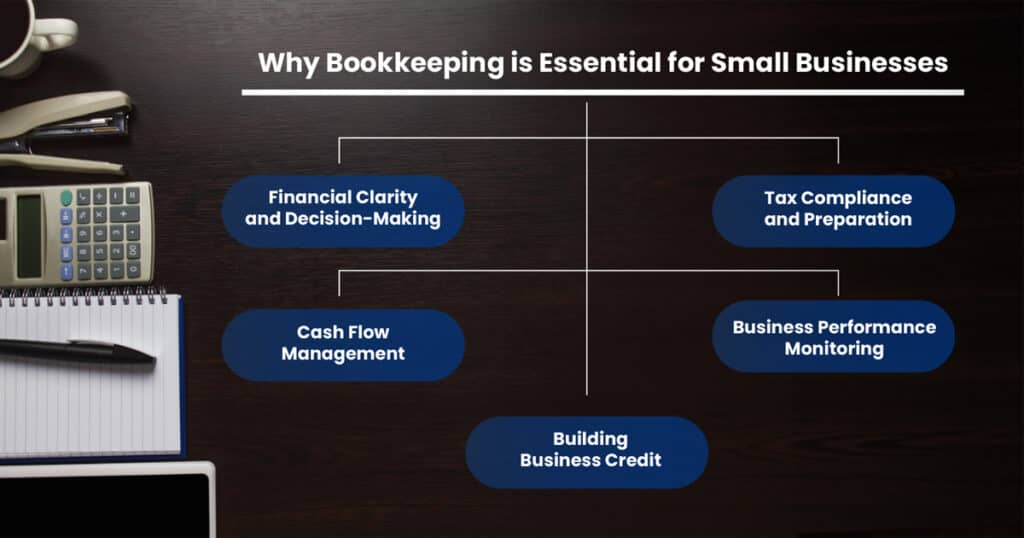Outsourced Bookkeeping…deep dive

Depending on the stage of your businesses development and the management philosophy you employ, using outsourced services may or may not be the right path for you to take.
The decision to outsource bookkeeping and accounting functions is best driven by a structured decision-making approach. This choice can significantly impact your company’s financial management and overall operations. Let’s take a look at the considerations that will help you navigate this decision process:
Assess Your Current Situation
Start by evaluating your existing financial management practices:
- Time allocation: How much time are you or your team spending on bookkeeping tasks?
- Expertise: Do you have the necessary skills in-house to manage complex financial matters?
- Accuracy: Are your financial records consistently accurate and up-to-date?
- Compliance: Are you confident in your ability to meet all regulatory requirements?
Consider Your Business Needs
Next, reflect on your company’s specific requirements:
- Growth stage: Are you a startup, rapidly growing, or an established business?
- Complexity: How intricate are your financial transactions and reporting needs?
- Industry-specific requirements: Does your sector have unique financial regulations or practices?
- Strategic focus: Could outsourcing free up resources for core business activities?
Evaluate Potential Benefits
Weigh the advantages that outsourcing might offer:
- Cost-effectiveness: Compare the costs of in-house vs. outsourced solutions
- Access to expertise: Consider the value of professional insights and best practices
- Scalability: Assess how outsourcing could adapt to your changing needs
- Technology access: Evaluate the benefits of using advanced financial software
Address Potential Concerns
Honestly confront any reservations you might have:
- Data security: How will sensitive financial information be protected?
- Control: Are you comfortable delegating financial management?
- Communication: How will you ensure effective collaboration with external providers?
- Cultural fit: Can an outsourced team align with your company’s values and practices?
Make an Informed Decision
After thorough consideration:
- Weigh pros and cons: Create a comprehensive list based on your analysis
- Consult key stakeholders: Gather input from relevant team members and advisors
- Trial period: Consider starting with a limited engagement to test the waters
- Long-term vision: Align your decision with your company’s strategic goals
By methodically working through these steps, you’ll be well-equipped to make an informed decision about outsourcing your bookkeeping and accounting functions. The right choice will ultimately depend on your unique business circumstances and objectives.
If this strikes a chord with you, you are one click away from finding a better path. https://www.freedomsgood.com/accounting





